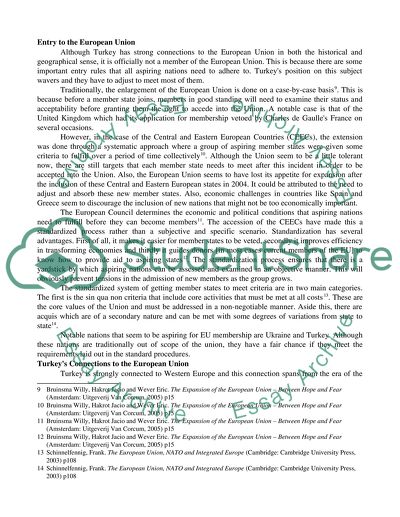Cite this document
(“Critical Analysis of Turkey's Accession to the European Union Research Paper”, n.d.)
Critical Analysis of Turkey's Accession to the European Union Research Paper. Retrieved from https://studentshare.org/history/1402313-critical-analysis-of-turkeys-accession-to-the-european-union
Critical Analysis of Turkey's Accession to the European Union Research Paper. Retrieved from https://studentshare.org/history/1402313-critical-analysis-of-turkeys-accession-to-the-european-union
(Critical Analysis of Turkey'S Accession to the European Union Research Paper)
Critical Analysis of Turkey'S Accession to the European Union Research Paper. https://studentshare.org/history/1402313-critical-analysis-of-turkeys-accession-to-the-european-union.
Critical Analysis of Turkey'S Accession to the European Union Research Paper. https://studentshare.org/history/1402313-critical-analysis-of-turkeys-accession-to-the-european-union.
“Critical Analysis of Turkey'S Accession to the European Union Research Paper”, n.d. https://studentshare.org/history/1402313-critical-analysis-of-turkeys-accession-to-the-european-union.


